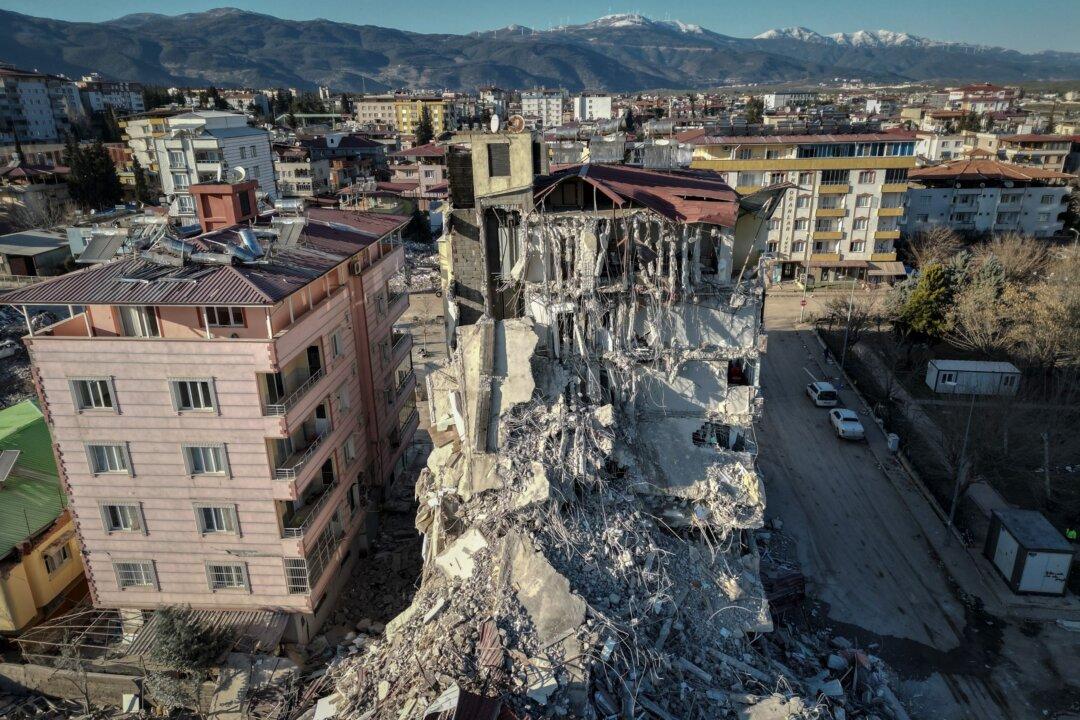JINDERIS, Syria—Aid agencies and governments stepped up efforts Tuesday to send help to parts of Turkey and Syria devastated by an earthquake, but a week after the disaster many of those who lost their homes were struggling to meet basic needs, like finding shelter from the bitter cold.
The situation was particularly desperate in Syria, where a 12-year civil war has complicated relief efforts and meant days of wrangling over how to even move aid into the country, let alone distribute it. Some people there said they have received nothing. In Turkey, meanwhile, families huddled in train cars.





